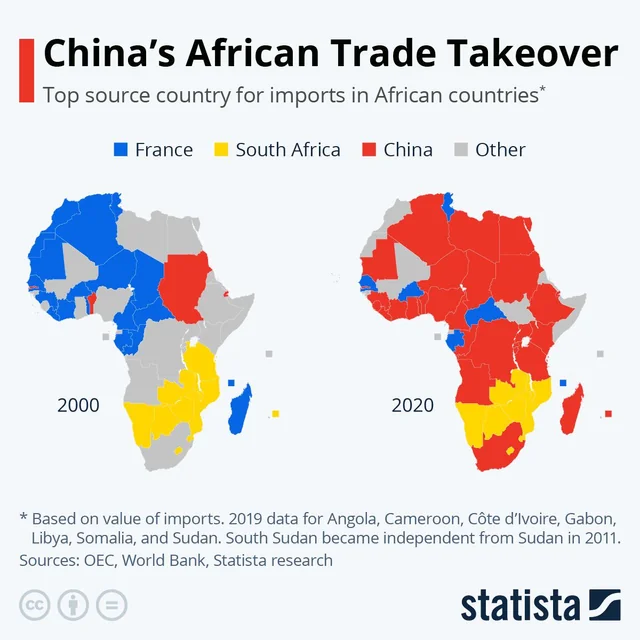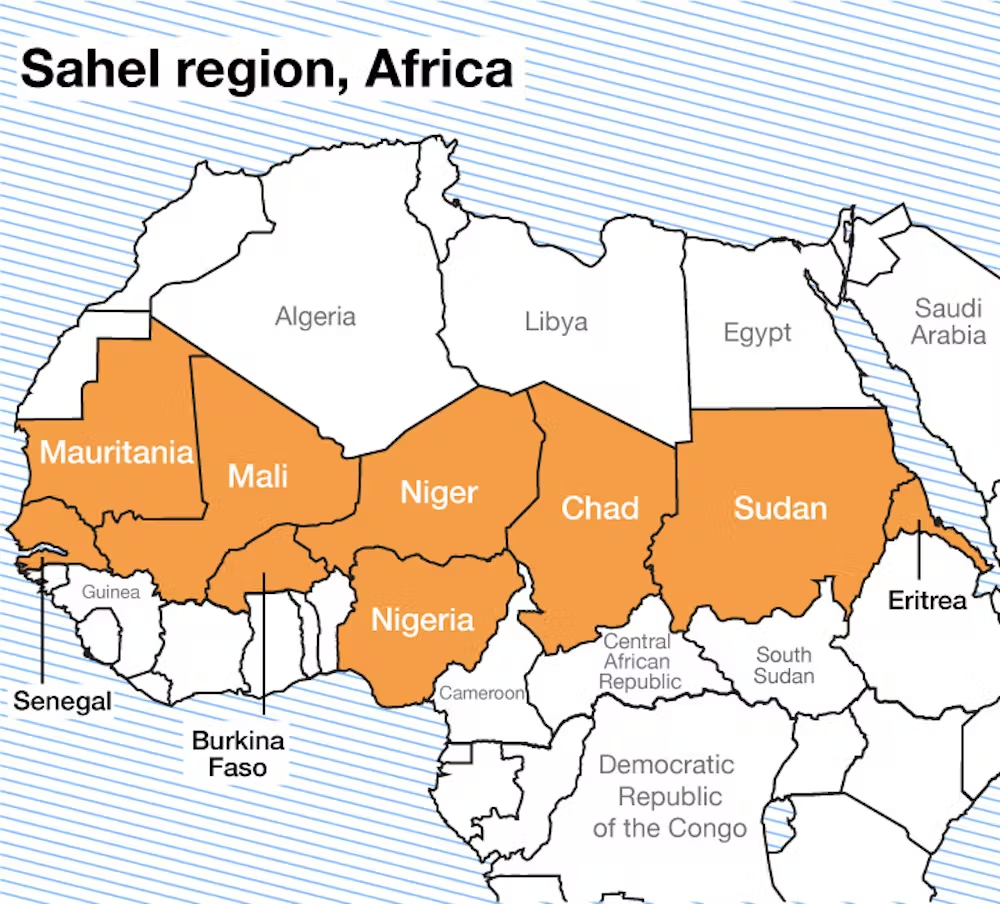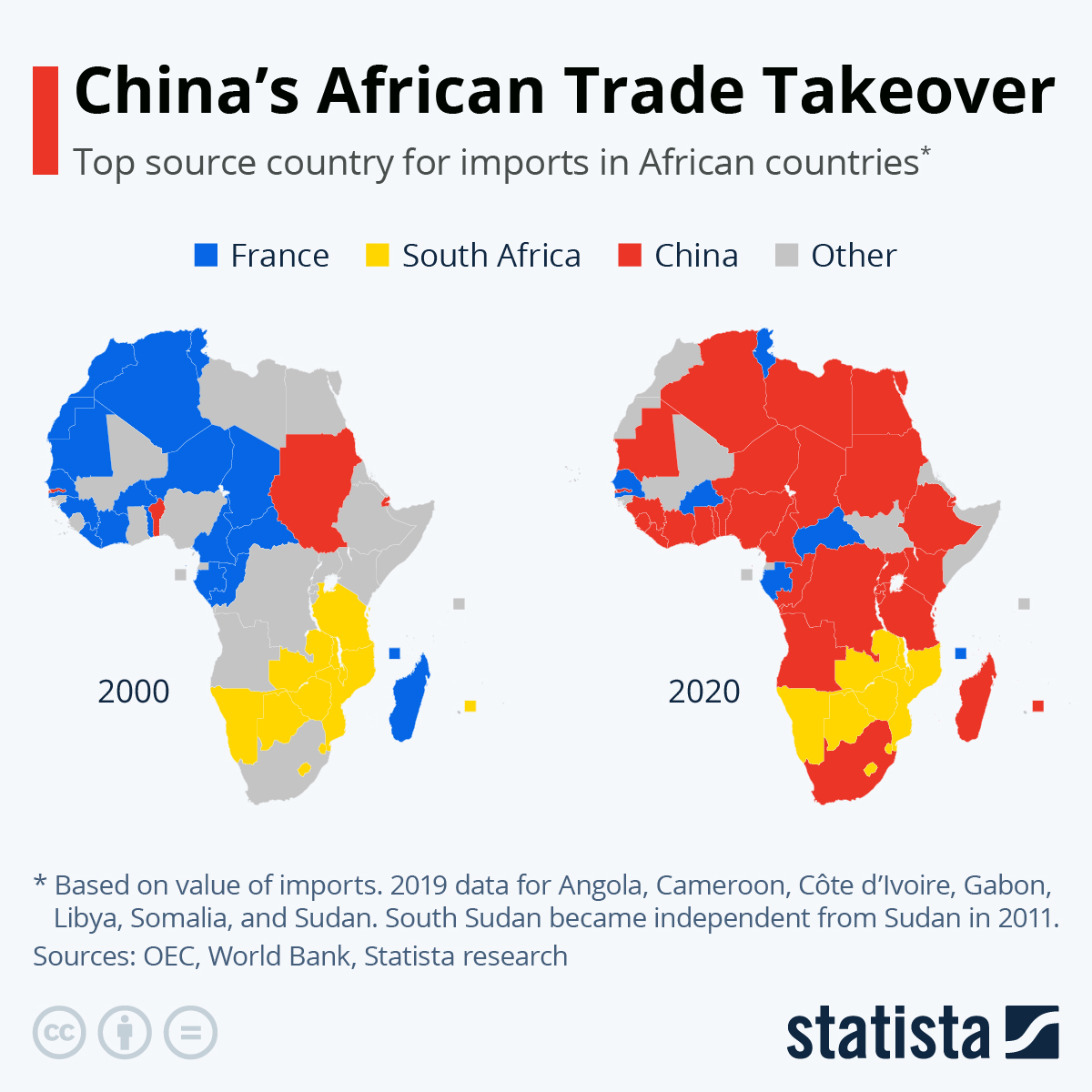The most important question about any ideology or social structure are: “Does it win?” and “Can it defend itself?”
Hunter-gathering, if the land-capacity isn’t close to carrying capacity, is usually a pretty good way to live. What we see in the archaeological record is that when the land gets close to carrying capacity, there is ton of violence, the number one cause of death of adult males becomes violence. Enough below the carrying capacity and there is very little violence. This is a generalization, there are exceptions, but the data seem to indicate it is generally true.
Hunter-gatherers are, generally speaking, healthier than agriculturalists and pastoralists. They live longer, suffer less from disease, are taller, the women have wider hips and suffer less from childbirth, they have better dentition and so on. The societies, again with some exceptions, are more egalitarian than most agricultural societies (though very early agricultural societies are more egalitarian than late hunter-gatherer societies, again, in general). They also have vastly more free time than agriculturalists.
Basically, being a hunter-gatherer is about as good as it gets for most of human existence. There are some better agricultural societies to live in for brief periods (certain periods of Roman history, say) but they are rare. Industrial society produces better medicine and goods, but we work harder and have vastly more chronic disease even at the same age, and industrial society includes, as its concomitant, things like the widespread rape in the Congo and African poverty–that’s a requirement of our society, it’s not incidental.
But hunter-gatherers lose confrontations with pastoralists and agricultural societies. It’s a great way to live, but more dense societies were better at violence, so hunter-gatherers were forced to the margins.
Whatever your society is like, it has to be able to win confrontations. However your ideology organizes your society, even if that ideology produces a much more enjoyable society in which to live than your competitors, it must be able to persist in either the long or short term against its competitors. Otherwise, you’ve got a problem.
Time-scale matters. An ideology that produces a society that lasts for 150 years of pretty wonderful life then loses to someone better at violence might look pretty damn good to most of us.
An ideology may also have internal contradictions which doom it. The Soviet form of Marxist-Leninism was vastly successful in its early years, something we forget now. During the Great Depression, the USSR was doing far better than most of the rest of the world (except the fascist bits). The USSR is the only country larger than a city state to industrialize using anything but mercantilism. I am aware of no other exceptions.
But the USSR’s control mechanism could not deal with the information problem. It worked gangbusters at first, but then parties formed who were able to control information flow to the central planners, doomed it. Mancur Olson, in his book Power and Prosperity, deals well with both the rise of the USSR and its fall.
Neo-liberalism has amongst its internal contradictions the complete inability to manage climate change. This contradiction comes from its insistence on short term interest and its refusal to deal properly with public goods. To neo-liberalism, the future exists only at the point a market starts discounting that future. Unfortunately for the world, markets suck at recognizing the future beyond a few years out, and by the time a market notices, the key decision points for heading off an undesirable future may well be long past.
(Neo-liberalism also has a pile of other internal contradictions, but this isn’t an article on neo-liberalism, so we’ll pass them by for now.)
Within an ideology are prescriptions for internal vs. external power relations. So a society must be able to win its fights with outside societies running different ideologies, but it also includes prescriptions for how power is divided internally. In the European Middle Ages, most of Europe was ruled by rapacious nobles, but the Swiss Cantons had male suffrage. This was based on the fact that Swiss Pikemen could beat the pants off feudal noble cavalry. But the requirement for Swiss Pikemen was economically prosperous men who could and would fight, not starved peasants. And men who could fight, and had to fight together, insisted on having power. There is a direct analogy between this and classical Greek Democracy (made up exactly of the fighting population), and the Roman Republican period, where citizenry is divided into three classes, based in part on how they fought (the Equestrian class, above the Plebes, could afford to fight on horseback.)
Power comes in a number of flavors. You have violence. You have productive capacity. You have consumptive ability. You have social ties. You have ideological production. The more of each of these any group has, the more power they have. The more power they have, the more of the surplus production of their society (or, in many cases, the non surplus production) they are able to control. If you want prosperity, you want power spread as evenly throughout your society as possible. You never want complete equality in outcome, because you do want some competition, it helps drive society forward, but right now our problem is the exact opposite: too much concentration of power, too little equality.
Each of those groups, and they will exist, will compete against each other. Different people have different interests. If one group or a coalition of groups gains more power, they will also gain more of the productive surplus. Part of an ideology’s job is to make it so that, as much as possible, everyone’s interests in society are similar.
John F. Kennedy once said “a rising tide lifts all boats.” People took that as a descriptive statement, but in a society it is not, it is a prescriptive statement: if you want any increases in production to go to everyone, you have to make that happen, and to make it happen you have to believe it should happen. But the step before that is making sure that power is divided relatively evenly through society, so that it does happen. But, again, that is an ideological choice: many people don’t believe that everyone should have relatively equal power.
To have relatively equal power you cannot allow the means of production or violence to be overly concentrated. Jefferson was making a profoundly practical statement when he warned that banks and standing armies were dangerous to a republic and democracy. Banks allow people to print money, those who print money make money, it gives them a powerful advantage over people who cannot do so. Those who control violence: well, I’m sure I don’t have to make that point.
It is for this reason, for example, that I believe everyone (male or female) should have military training. It is not an accident that Switzerland, where every male has an assault rifle and military training, has such a high standard of living or voted on whether to have a guaranteed annual income. It is also why I believe in cadre armies and that no large standing armies should exist. (The solution for money creation is more complicated, and I’ll go into it at a later date.)
If you want a society, then, which is prosperous and egalitarian, with the proceeds of increased production going to everyone and not just a few, you must have an internal structure of power which gives ordinary people quite a bit, makes concentration of power in private hands difficult, makes the government unable to use too much power against its own citizenry while (and this is the important bit) still being able to defend itself externally, and able to resist internal putsches. Egalitarian societies which cannot defend themselves get overwhelmed by hierarchical societies which are better at violence.
This extends to monetary matters. If outsiders with money can buy up your society and upset your internal political and productive relationships because they are more efficient, or just bigger, or have their capital more concentrated, if you will let them buy you up because some part of your society wants to cash out, then whatever internal relationships you have are vulnerable. This has happened to vast swathes of the third world, where Westerners come in and buy out traditional relationships. NAFTA pushed millions of Mexicans off their farms, made Mexico weaker because those people now needed to pay for food (often foreign, and also less nutritious), and made Mexico, objectively, worse off than before NAFTA. But some Mexicans got very rich by selling out.
This is a particular problem for smaller groups trying to create societies within larger societies. If you can be bought out, if some of you want to sell, take the money and run, you are not viable. Quakers and so on have an ideology which doesn’t allow for selling out this way, thus they are viable in the long-term, whatever one thinks of them.
So, an ideology, a belief system, among other things, tells you what is and isn’t legitimate to sell for money. A stable system says you can’t buy key parts of the social structure. In a functioning democracy, anything that comes even close to buying a vote, for example, is verboten. When we moved from late Feudalism to early industrialization, feudal rights were done away with–including the commons. Enclosure of land took away rights from people who had them before and gave those rights to other people. Serfs, for all we sneer at them, had rights. Those rights were taken away. The ex-serfs who flooded into early industrial cities after enclosure lived far worse lives than they had under late feudalism (this is WELL established). They lived shorter, unhealthier lives, worked harder to earn money which left them living in worse circumstances than when they were back on the land.
So when you’re creating a new ideology, or modifying an old one, you have to consider these points: the relation to the means of production, the ability to generate violence in defense or offense and the effectiveness of that violence, the question of whether the system can be capsized by money or if the key parts of the system are off-limits (due to irrational attachment, absolutely it must be irrational) to capsizing through money or equivalents. If you want an egalitarian prosperous society is power objectively divided up so that the masses have the ability defend their share of surplus production? How will those who do get a little extra (and they will always exist) or who control a little extra, try to capsize that system and seize more? What are the protections against what they will try and are those protections based on strong, irrational beliefs and backed up by a willingness to employ violence? (If you aren’t, and they are, you will lose. Period.)
Note, finally, the use of the word irrational. We think of irrationality as bad, but rational decision making leads to betrayal. If someone’s going to offer me more than I can otherwise earn to betray the rest of my people, a lot of folks are going to take that deal unless they have the irrational belief that it’s wrong, and a rational belief that if they do it, those who have an irrational belief in the system will hurt them, or even kill them.
This is ideology. Any ideological system that doesn’t produce people willing to die and kill for it, will lose to an ideology that does. The question is not whether violence is permitted, the question is when it is permitted. Most of us want to live in a peaceful society; I certainly do. But that peace is always and everywhere under-girded by rules about when to commit violence, a willingness to do so and an ability do it well. Societies and ideologies that do not do violence well exist at the sufferance of those who do, and live under the conditions and in the places that those good at violence permit. Generally very bad conditions.
If you enjoyed this article, and want me to write more, please DONATE or SUBSCRIBE.




 It’s worth remembering that before Hillary Clinton convinced Barack Obama to support bombing the hell out of Libya,
It’s worth remembering that before Hillary Clinton convinced Barack Obama to support bombing the hell out of Libya,